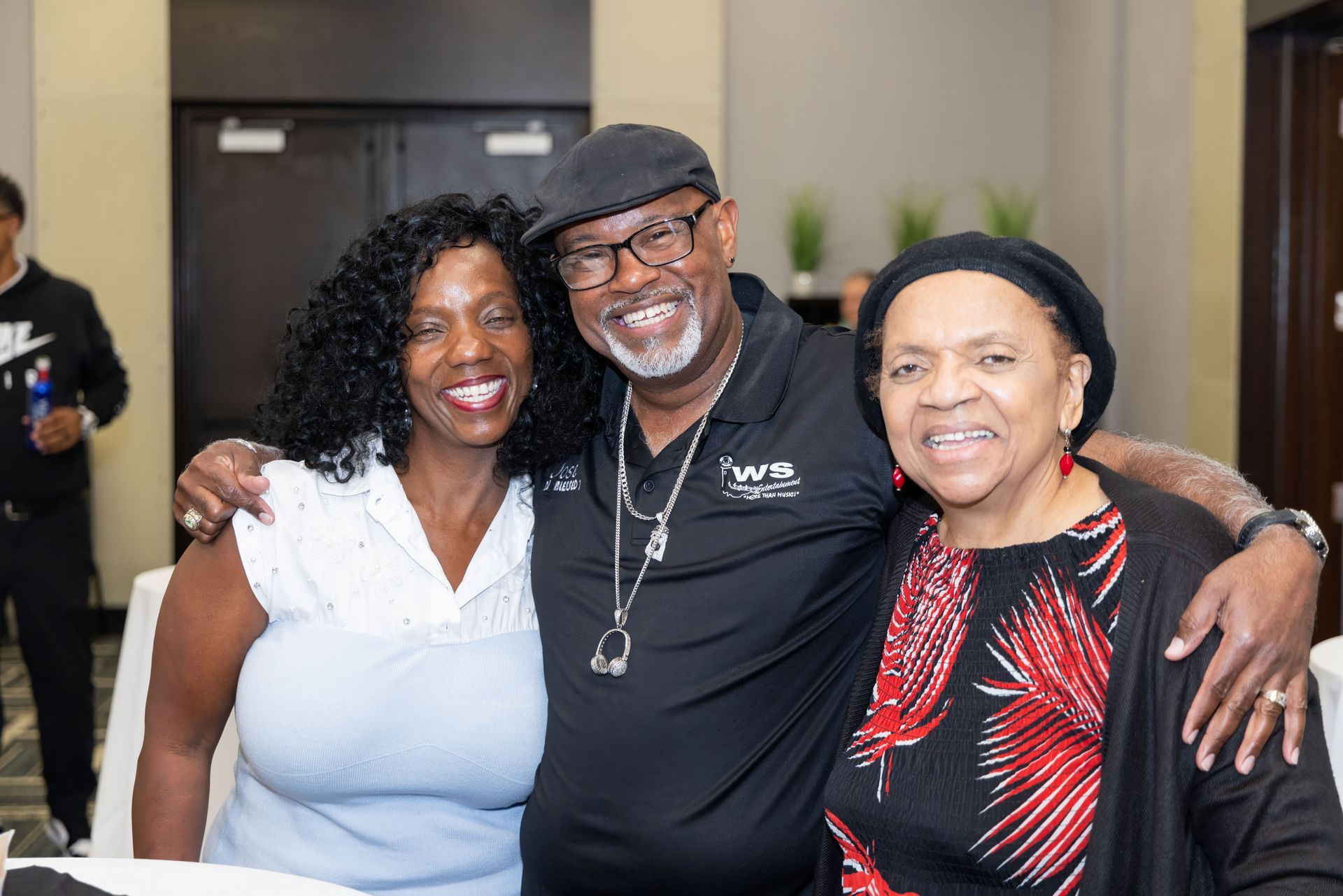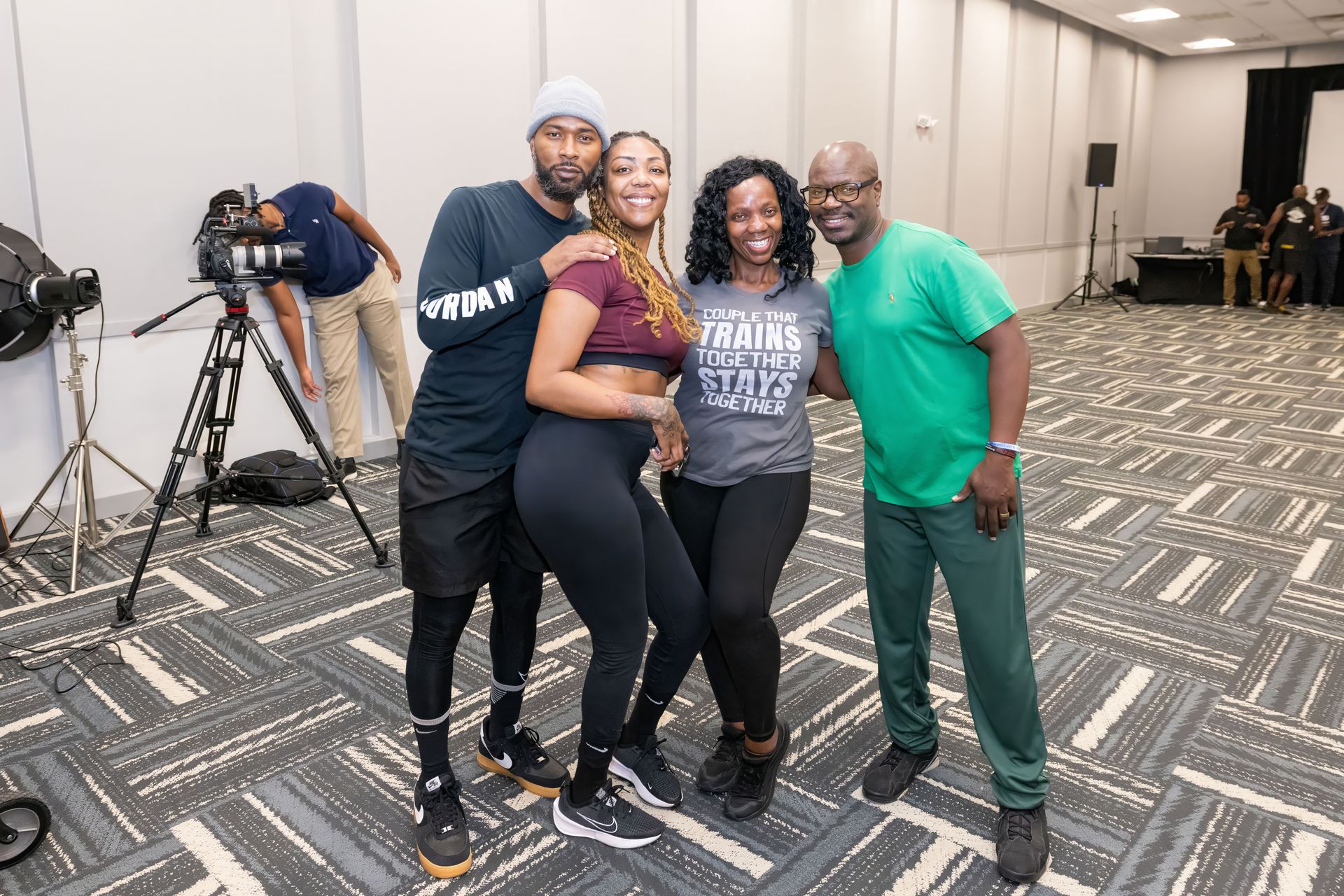The Power of Relationships: Seeing Value in Yourself and Others
Power of Relatioships

Leadership is not just about setting goals and achieving results—it’s about people. The foundation of strong leadership lies in the ability to cultivate meaningful relationships. But before we can truly see value in others, we must first recognize and embrace our own worth. When leaders develop confidence in themselves, they create space for genuine connections, trust, and teamwork.
Why Relationships Matter in Leadership
- They Build Trust and Influence
Leadership is about influence, and influence is built on trust. When you invest in relationships, you create a culture of transparency and mutual respect, which strengthens your leadership. - They Enhance Collaboration
No leader succeeds alone. Strong relationships encourage teamwork, communication, and collective problem-solving, leading to greater innovation and success. - They Improve Personal Growth
The people you surround yourself with shape who you become. Healthy relationships challenge you to grow, refine your leadership skills, and develop emotional intelligence. - They Foster a Positive Work Culture
A leader who prioritizes relationships creates an environment where people feel valued, heard, and motivated. This leads to higher engagement, productivity, and overall job satisfaction.
Seeing Value in Yourself First
Before you can effectively lead others, you must believe in your own value. Here’s how:
- Recognize Your Strengths and Contributions: Acknowledge your skills, experiences, and the impact you have on others.
- Silence Self-Doubt: Confidence isn’t arrogance—it’s the belief that you bring something meaningful to the table. Replace negative self-talk with affirmations of your value.
- Commit to Personal Growth: Invest in learning, seek mentorship, and continuously refine your leadership abilities. Growth-minded leaders attract strong relationships.
How to See and Bring Out the Best in Others
1. Practice Active Listening
True relationships require listening—not just hearing. Give people your full attention, validate their thoughts, and respond with empathy. This simple act strengthens connections and builds trust.
2. Express Genuine Appreciation
People want to feel valued. Regularly acknowledge the strengths, contributions, and efforts of those around you. A simple “I appreciate you” goes a long way in deepening relationships.
3. Support and Challenge People to Grow
Great leaders see potential in others before they see it in themselves. Encourage people to step outside their comfort zones, mentor them through challenges, and celebrate their growth.
4. Cultivate Authenticity and Vulnerability
Strong relationships are built on authenticity. Be real about your struggles and triumphs. When leaders show vulnerability, they create a safe space for others to do the same.
5. Choose Your Circle Wisely
Your environment influences your mindset and actions. Surround yourself with positive, growth-oriented people who uplift, challenge, and inspire you.
The Ripple Effect of Strong Relationships
When leaders invest in relationships, the benefits extend beyond the workplace. Strong personal and professional connections lead to a greater sense of fulfillment, stronger teams, and a lasting legacy of positive impact.
Thoughts Circling in My Mind Are ...
Leadership is About People
Success is not just about what you accomplish—it’s about who you lift up along the way. By valuing yourself and seeing the potential in others, you create relationships that transform lives, businesses, and communities.
The question is: Are you prioritizing relationships in your leadership, or are you too focused on the task to see the people? The greatest leaders are those who invest in others while continuing to grow themselves.










